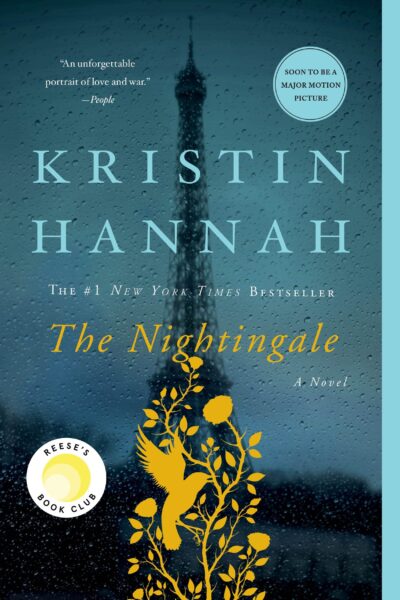Chapter 31: The Narrator’s Journey to Paris
byChapter Thirty-One, set on May 6, 1995, in Portland, Oregon, is a deeply emotional exploration of the narrator’s journey through human connection, vulnerability, and the complexities of familial relationships. The chapter opens in an airport where the narrator encounters Felicia, a strikingly vibrant young woman whose bold tattoos and confident demeanor immediately capture her attention. Felicia embodies a sense of freedom and individuality that contrasts with the narrator’s own internal struggles, sparking a conversation that becomes a significant moment of connection between two strangers. Their initial exchange is light and exploratory, revolving around their shared longing to escape from their present lives, imagining distant destinations like Paris or even the uncharted landscapes of Antarctica as symbols of liberation and possibility.
As the conversation deepens, the narrator reveals a startling truth—she is battling cancer. This confession shatters Felicia’s assumption that her condition was minor and shifts the tone of their dialogue to one of raw honesty and vulnerability. The narrator’s courage in sharing her reality invites Felicia into a moment of shared humanity, as both women grapple with their own feelings of disconnection and longing. The candid exchange highlights the narrator’s need to be seen and understood beyond her illness, while Felicia’s reaction reflects the quiet solidarity that can emerge even in fleeting connections.
Their dialogue is interrupted by the unexpected arrival of the narrator’s son, Julien, whose presence brings a surge of emotional complexity. Julien is visibly hurt and confused by his mother’s sudden decision to travel to Paris, a place they had long dreamed of visiting together. His reaction underscores the unresolved tension in their relationship, revealing the depth of his disappointment and the strain that has quietly built over time. The narrator’s struggle to explain her decision without disclosing her illness further complicates the moment, as she navigates the delicate balance between protecting her son and honoring her own need for independence.
Julien’s decision to accompany his mother to Paris becomes a pivotal moment in the chapter, forcing both characters to confront their emotions and unspoken grievances. For the narrator, this journey was meant to be a solitary act of self-discovery and closure in the face of her illness. However, Julien’s presence introduces an unpredictable element, as their shared journey becomes an opportunity for healing and reconciliation. The emotional tension between mother and son is palpable, reflecting the universal challenges of navigating familial love and individual desires.
The themes of mortality and identity are woven throughout the chapter, as the narrator reflects on her life, her choices, and the weight of her illness. Her interaction with Felicia serves as a momentary reprieve, offering a glimpse of connection and understanding in a world that often feels isolating. This brief encounter is a reminder of the profound impact of human connection, even when it is fleeting, and the solace that can be found in moments of shared vulnerability.
As the chapter closes, the narrator and Julien board the plane, embarking on a journey that symbolizes more than just a physical trip to Paris. The act of stepping onto the plane represents a leap into the unknown—a confrontation with the realities of illness, the possibility of reconciliation, and the hope for a renewed relationship with her son. The weight of the narrator’s illness looms over the journey, yet the act of moving forward suggests a quiet determination to embrace whatever comes next.
The chapter captures a delicate balance between despair and hope, fear and courage, and the enduring strength of human connections. The narrator’s story is one of resilience and introspection, as she navigates the complexities of her illness and her relationships. Through the lens of her journey, readers are reminded of the profound power of vulnerability, the necessity of forgiveness, and the possibility of finding meaning even in life’s most challenging moments. With her son by her side, the narrator’s journey to Paris becomes a poignant exploration of love, loss, and the enduring search for understanding and connection.


